In a surprising turn of events, Kyle Vogt, the founder and CEO of General Motors’ self-driving car unit, Cruise, has resigned from his position. This decision comes in the wake of safety issues that have plagued the autonomous vehicle industry. Vogt’s departure followed his public apology to the unit’s employees regarding the problems that led to regulatory actions by both state and federal authorities after a series of accidents.
Just three months ago, Cruise had achieved a significant milestone by gaining approval to operate its driverless taxis 24/7 in San Francisco. The company had also revealed plans to expand its services to additional cities across the United States. Additionally, Cruise had announced a partnership with Honda to introduce robotaxis in Japan just one month before Vogt’s resignation.
However, a string of collisions and injuries involving pedestrians forced Cruise to suspend its robotaxi services nationwide at the end of October. The decision came after California authorities revoked the company’s right to operate driverless cars in the state. Despite these challenges and the leadership change, General Motors reaffirmed its commitment to Cruise and its efforts to develop self-driving vehicles. It’s worth noting that the unit had already incurred a substantial cost of $5.9 billion before interest and taxes since the beginning of 2020.
The challenges faced by Cruise are not unique in the self-driving car industry. A little over a year ago, Ford and Volkswagen discontinued their joint efforts to develop autonomous vehicles, raising questions about the financial viability of robotaxis in the near future.
One of the most severe accidents involving Cruise occurred on October 2 when a pedestrian in San Francisco was critically injured. The incident occurred when the pedestrian was initially hit by a traditional human-driven car and then struck by a Cruise driverless car. Shockingly, the pedestrian was trapped under the Cruise vehicle and dragged for approximately 20 feet, according to documents related to the accident.
Two weeks later, the National Highway Traffic Safety Administration (NHTSA) announced a safety probe into Cruise vehicles, citing the October 2 accident and reports of other accidents involving Cruise vehicles and pedestrians. Following the NHTSA’s announcement and the decision by California authorities, Cruise suspended its driverless taxi service, although it continued to operate with drivers ready to take control of the vehicles.
In a communication to Cruise employees reported by Reuters, Vogt expressed his regret, saying, “I am sorry we have veered off course under my leadership and that this has affected many Cruisers in a deeply personal way.” He went on to take full responsibility for the situation and emphasized the need to focus on safety, transparency, and community engagement.
Vogt originally founded Cruise in San Francisco in 2013 and subsequently sold an 80% majority stake to General Motors in 2016 for $581 million, with half of that amount in cash and the remaining portion in GM stock.
The remaining 20% stake in Cruise was primarily held by employees of the unit, who had the option to sell their shares back to GM. Last week, Reuters reported that GM temporarily halted these share sales by employees due to the company’s financial and safety issues, only to resume the sales in response to employee complaints.
General Motors confirmed Vogt’s resignation on Sunday night. The automaker had already taken steps to exert greater control over the unit by naming GM General Counsel Craig Glidden as co-president and chief administrative officer of Cruise. Mo Elshenawy, who had been with Cruise for six years, was appointed as the other co-president, in addition to his role as chief technology officer. However, no new CEO was named as part of Vogt’s departure statement.
In a statement released on Sunday night, General Motors expressed its unwavering commitment to autonomous vehicle technology and Cruise’s mission. The company emphasized the transformative potential of this technology and pledged its full support to Cruise in prioritizing safety and building trust with government partners, regulators, and the broader community.
Kyle Vogt’s resignation as the CEO of Cruise reflects the significant challenges facing the self-driving car industry. While safety concerns have temporarily halted Cruise’s driverless taxi service, General Motors remains dedicated to the development of autonomous vehicles and the potential they hold for the future.









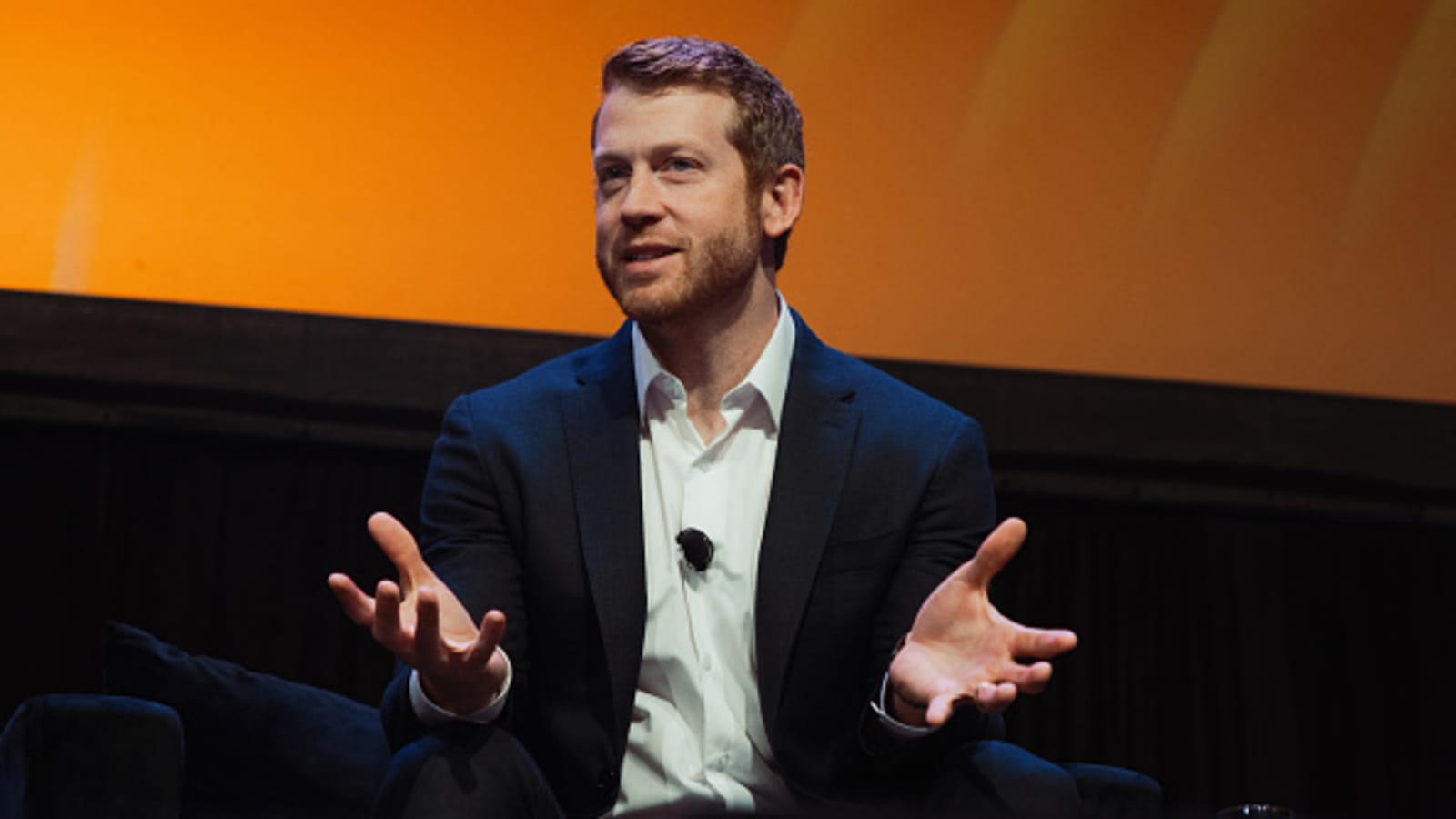


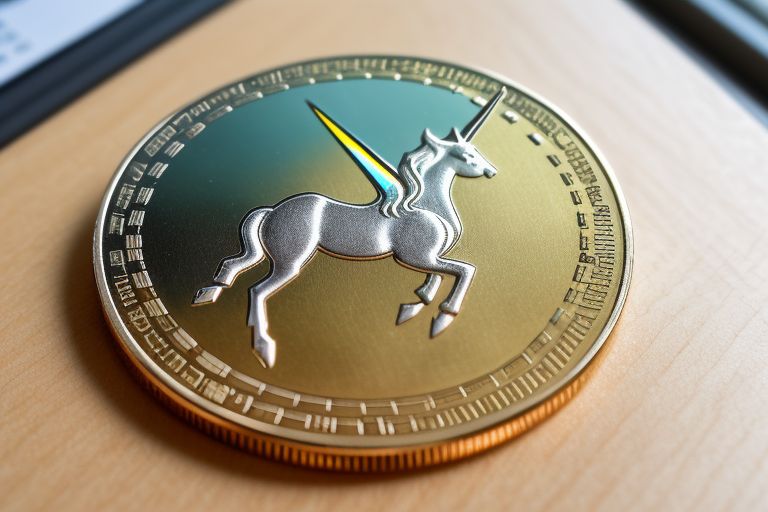



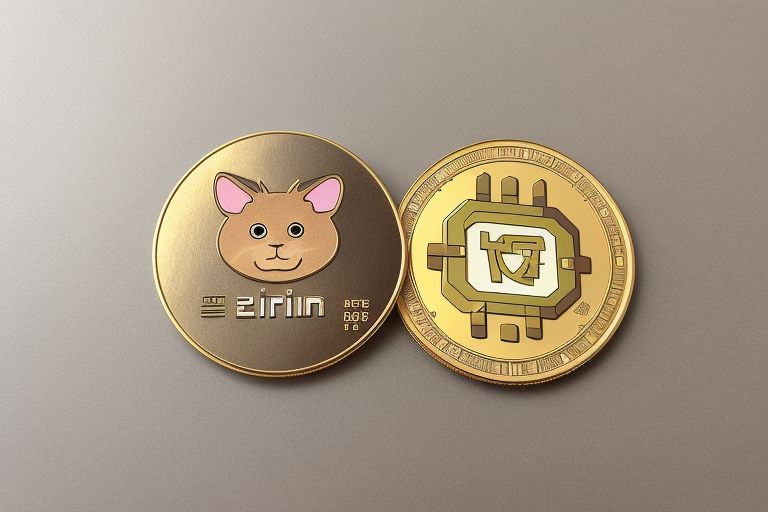

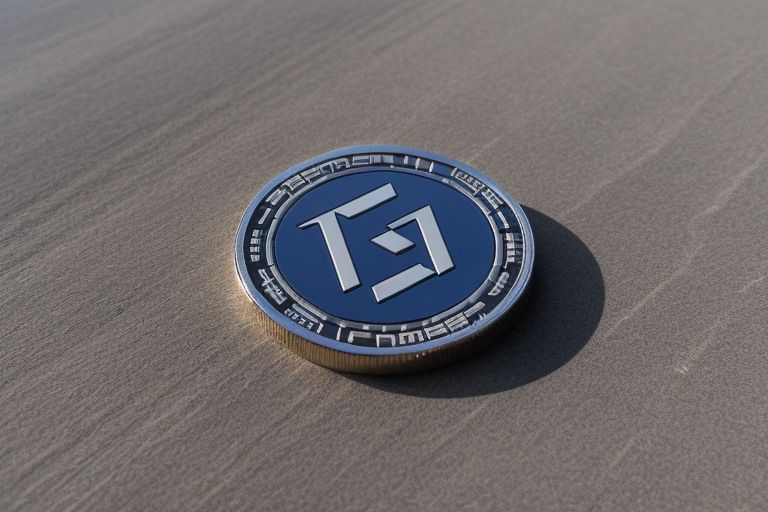
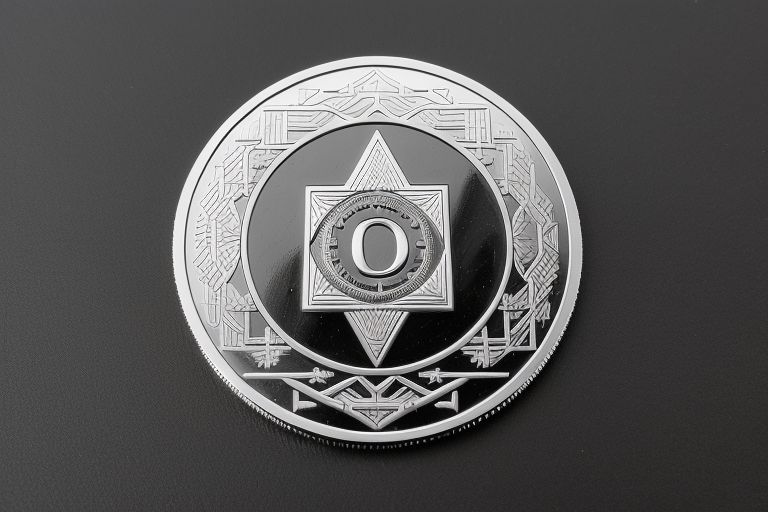

+ There are no comments
Add yours